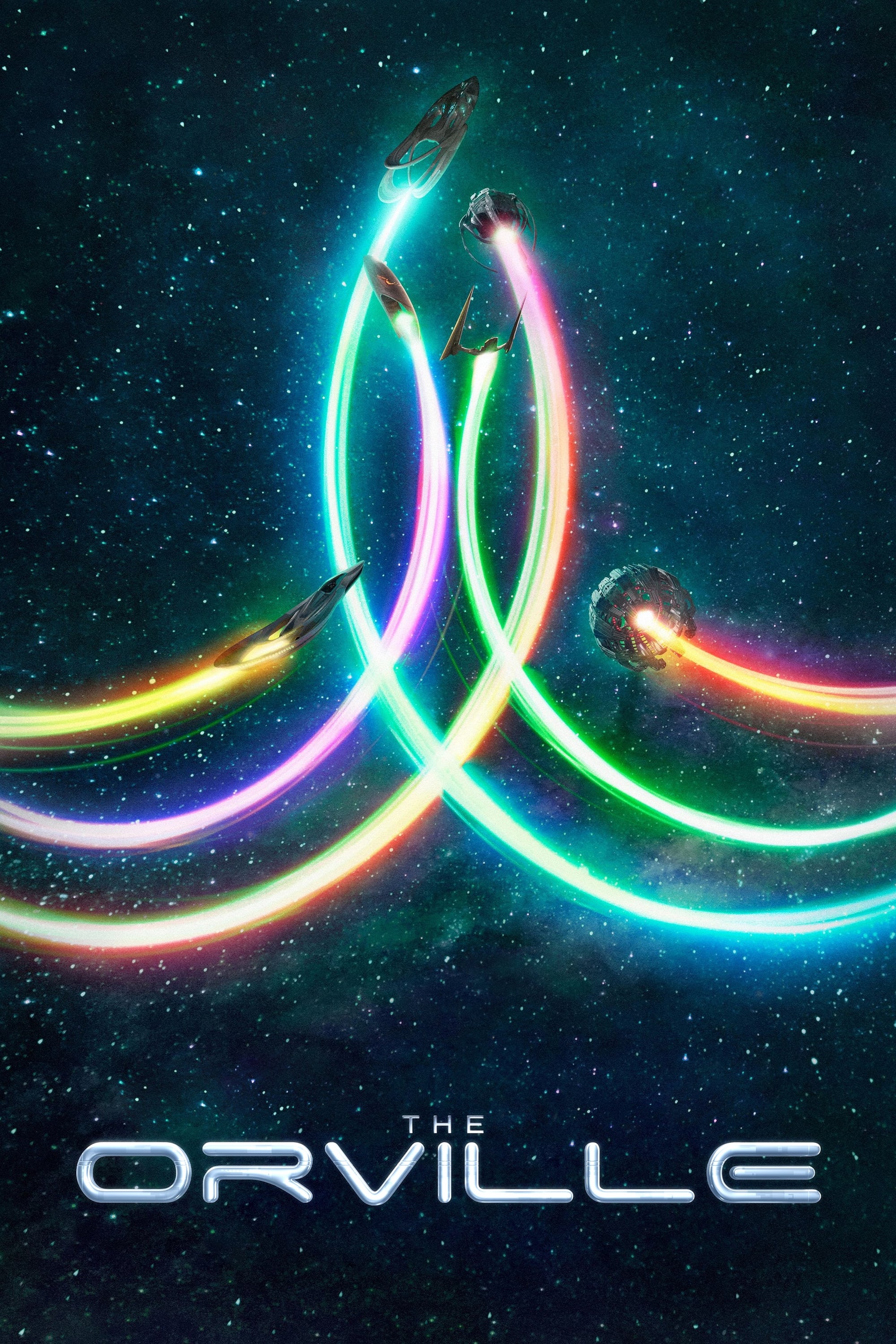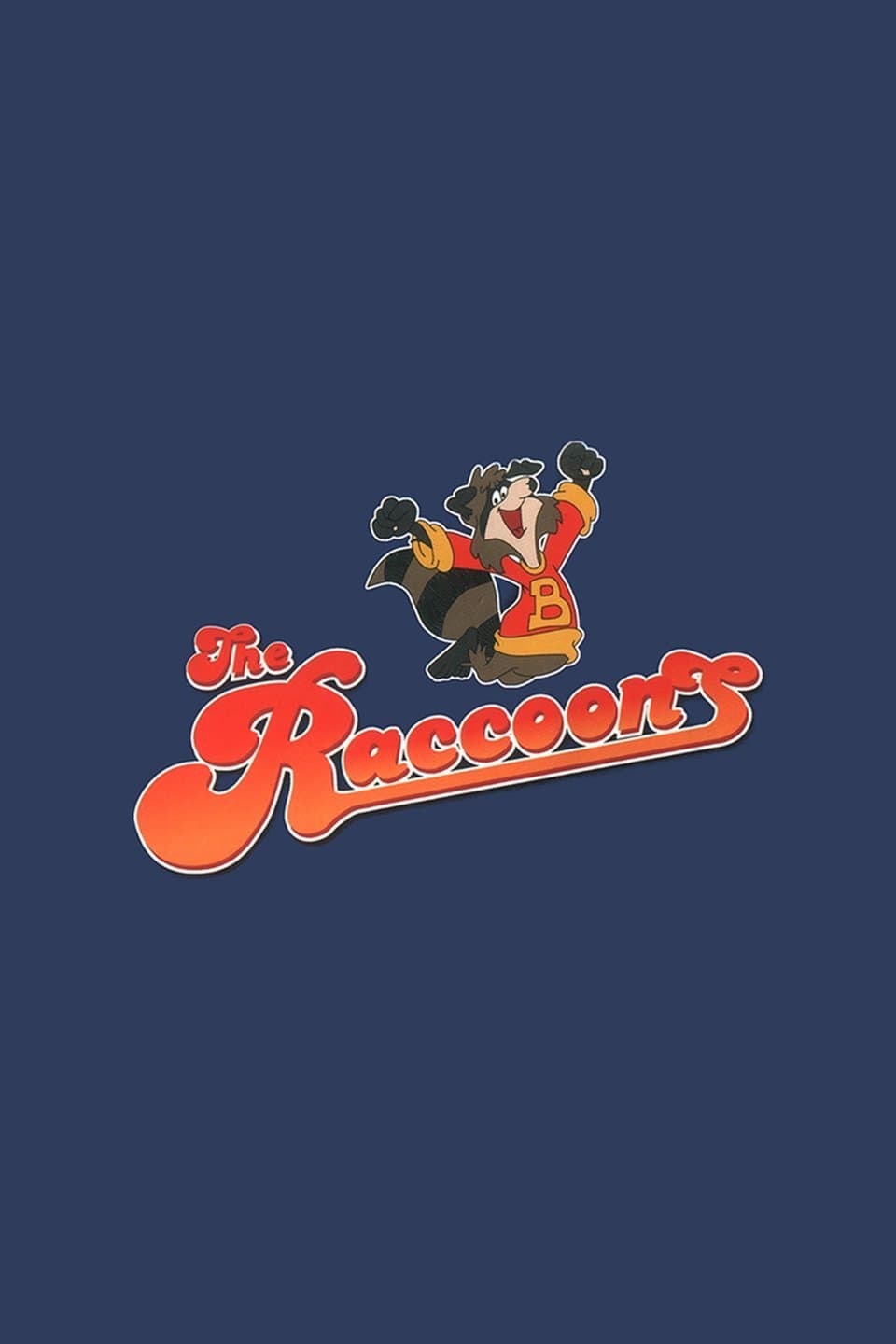
Rachel Podger, Brecon Baroque – J.S. Bach: The Art of Fugue (Die Kunst der Fuge), BWV1080 (2016)
FLAC (tracks) 24 bit/96 kHz | Time – 01:11:06 minutes | 1,44 GB | Genre: Classical
Studio Masters, Official Digital Download | Front Cover | © Channel Classics
Questions about the implied instrumentation are never going to be answered definitively. Certainly, virtually all the cycle is set out in such a way that it can be played on the keyboard, but the open score format of the original invites interpretation from any potential instrumental combination (or, indeed, even just a soundless reading by the highly trained musician). This question immediately leads on to another how are we expected to listen to this music? Are we meant to hear a sequence of virtual events or is it to be one event in a single span of time? Is it perhaps the filling out of contrapuntal and motivic possibilities that are all potentially simultaneous and which only have to be strung out in time to render them humanly perceivable? Much of this suggest that the work implies a sort of cyclic time, experienced from the point of view of eternity – in other words, the sort of time that we might imagine God experiences, superior to the messy narrative of human linear time. Yet, there are always human, worldly elements, such as the allusions to French style in Contrapunctus 6, the rhetorical pauses in the very first Contrapunctus, or the playful flow of the mirror fugues or some of the canons. This residue of human habitation is perhaps what distinguishes Bachs fugal works from the fugal (or ricercar) tradition of previous composers and in which later composers heard a voice speaking directly to them, a voice that shared at least some aspects of the modern world, even if it was entirely suffused with the sense of an overwhelming and all-embracing godly order.
Tracklist:
01. Rachel Podger, Brecon Baroque – The Art of Fugue, BWV1080: Contrapunctus 1 (02:50)
02. Rachel Podger, Brecon Baroque – The Art of Fugue, BWV1080: Contrapunctus 3 (03:00)
03. Rachel Podger, Brecon Baroque – The Art of Fugue, BWV1080: Contrapunctus 2 (02:30)
04. Rachel Podger, Brecon Baroque – The Art of Fugue, BWV1080: Contrapunctus 4 (03:42)
05. Rachel Podger, Brecon Baroque – The Art of Fugue, BWV1080: Canon alla Ottava (02:16)
06. Rachel Podger, Brecon Baroque – The Art of Fugue, BWV1080: Contrapunctus 9 ‘alla Duodecima’ (02:28)
07. Rachel Podger, Brecon Baroque – The Art of Fugue, BWV1080: Contrapunctus 10 ‘alla Decima’ (03:50)
08. Rachel Podger, Brecon Baroque – The Art of Fugue, BWV1080: Contrapunctus 5 (02:53)
09. Rachel Podger, Brecon Baroque – The Art of Fugue, BWV1080: Contrapunctus 6 ‘in Stylo Francese’ (03:52)
10. Rachel Podger, Brecon Baroque – The Art of Fugue, BWV1080: Contrapunctus 7 ‘per Augmentationem alla Terza’ (03:30)
11. Rachel Podger, Brecon Baroque – The Art of Fugue, BWV1080: Contrapunctus 8, a 3 (05:53)
12. Rachel Podger, Brecon Baroque – The Art of Fugue, BWV1080: Contrapunctus 11, a 4 (05:43)
13. Rachel Podger, Brecon Baroque – The Art of Fugue, BWV1080: Canon alla Duodecime (03:47)
14. Rachel Podger, Brecon Baroque – The Art of Fugue, BWV1080: Contrapunctus 12, a 4 (03:50)
15. Rachel Podger, Brecon Baroque – The Art of Fugue, BWV1080: Canon alla Decima (04:28)
16. Rachel Podger, Brecon Baroque – The Art of Fugue, BWV1080: Contrapunctus 13, a 3 (04:38)
17. Rachel Podger, Brecon Baroque – The Art of Fugue, BWV1080: Canon per Augmentationem in Contrario Motu (03:24)
18. Rachel Podger, Brecon Baroque – The Art of Fugue, BWV1080: Contrapunctus 14 (08:24)
Personnel:
Brecon Baroque
Rachel Podger Violin, Pesarinius, 1739
Johannes Pramsohler Violin, David Teccler, Rome 1743 Viola, Jan Pawlikowski made in 2008 in Kraków
Jane Rogers Viola, Patrick Robin, courtesy loan from the Royal Academy of Music
Alison McGillivray 5-string cello by Wang Zhi Ming 2009
Marcin Świątkiewicz Harpsichord, Flemish ‘ravelment’ double manual after Ruckers 1628, by Andrew Wooderson, Bexley 1999
Download:


























![Rachel Podger, Kristian Bezuidenhout – C.P.E. Bach: Sonatas for Keyboard & Violin (2023) [Official Digital Download 24bit/192kHz]](https://imghd.xyz/images/2023/05/31/v235u464qolma_600.jpg)
![Rachel Podger, Brecon Baroque, Modestas Pitrenas – Bach: Goldberg Variations Reimagined (2023) [Official Digital Download 24bit/192kHz]](https://imghd.xyz/images/2023/11/20/hi39ir7v2ovaa_600.jpg)

![Rachel Podger, Jonathan Manson and Trevor Pinnock – J.PH. Rameau: Pieces de Clavecin en Concerts (2002) [Official Digital Download 24bit/192kHz]](https://imghd.xyz/images/2023/08/14/pbncnajrnymnb_600.jpg)
![Rachel Podger – Mozart & Jones: Violin Sonatas Fragment Completions (2021) [Official Digital Download 24bit/192kHz]](https://imghd.xyz/images/2023/08/14/akwxoklgbbhma_600.jpg)
![Rachel Podger – Guardian Angel (2013) [Official Digital Download 24bit/192kHz]](https://imghd.xyz/images/2023/08/14/z9q8hhhpkq8la_600.jpg)





![Rachel Podger, Pavlo Beznosiuk – Mozart: Sinfonia concertante – Haydn: Violin Concertos Nos. 1 & 4 (2009) [Official Digital Download 24bit/96kHz]](https://imghd.xyz/images/2023/08/14/ja4lm7ru9tyfa_600.jpg)
![Rachel Podger – Mozart: Complete Sonatas for Keyboard and Violin, Vol. 2 (2019) [Official Digital Download 24bit/192kHz]](https://imghd.xyz/images/2023/08/14/vyeotq4ggnqka_600.jpg)
![Rachel Podger – Mozart – Complete Sonatas For Keyboard And Violin, Vol. 1 (2019) [Official Digital Download 24bit/192kHz]](https://imghd.xyz/images/2023/08/14/ftjqwbcr26k1b_600.jpg)
![Rachel Podger – J.S. Bach – Cello Suites (2019) [Official Digital Download 24bit/192kHz]](https://imghd.xyz/images/2023/08/14/axob74cf0nqxc_6003c52cad86061995c.jpg)
![Rachel Podger – J.S. Bach – Cello Suites (2019) [Official Digital Download 24bit/44,1kHz]](https://imghd.xyz/images/2023/08/14/axob74cf0nqxc_600.jpg)
![Rachel Podger, Jane Rogers – Mozart & Michael Haydn: Duo Sonatas (2011) [Official Digital Download 24bit/192kHz]](https://imghd.xyz/images/2023/08/14/az43l1fkkcn2a_600.jpg)
![Rachel Podger, Brecon Baroque – Bach: Double & Triple Concertos (2013) [Official Digital Download 24bit/192kHz]](https://imghd.xyz/images/2023/08/14/xzaevo68ajf3b_600.jpg)
![Rachel Podger and Arte dei Suonatori – Antonio Vivaldi: La Stravaganza – 12 Violin Concertos (2003) [Official Digital Download 24bit/96kHz]](https://imghd.xyz/images/2023/08/14/o5hk6ewcd2gub_600.jpg)
![Rachel Podger & Brecon Baroque – Bach: Violin Concertos (2010) [Official Digital Download 24bit/96kHz]](https://imghd.xyz/images/2023/08/14/ymv0gxq1x7lva_600.jpg)
![Rachel Podger, Christopher Glynn – Beethoven: Sonatas for Violin and Piano Op. 12 No. 1, Op. 24 & Op. 96 (2022) [Official Digital Download 24bit/192kHz]](https://imghd.xyz/images/2022/04/13/mp3363bvg1rta_600.jpg)




![Rachel Podger – Tutta sola (2022) [Official Digital Download 24bit/192kHz]](https://imghd.xyz/images/2022/12/18/nasasphjvmbna_6002f6540ba0228ab21.jpg)


![Rachel Podger, Holland Baroque Society – Antonio Vivaldi – La Cetra (2012) [Official Digital Download 24bit/96kHz]](https://imghd.xyz/images/2022/09/26/0723385334125_6009b1c34c581e75b77.jpg)
![Rachel Podger – Biber: Rosary Sonatas (2015) [Official Digital Download 24bit/192kHz]](https://imghd.xyz/images/2022/09/03/0723385373155_600.jpg)